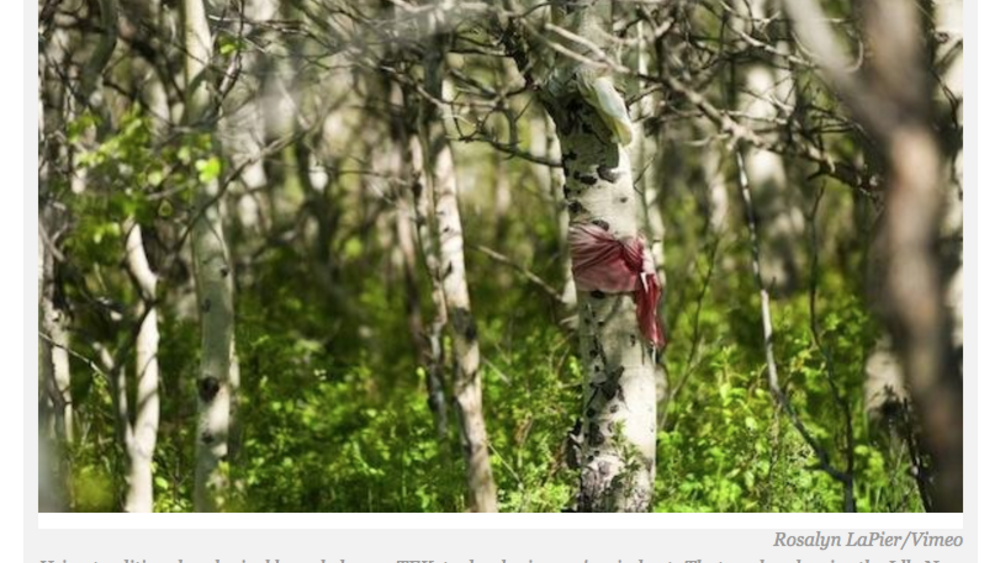Elizabeth Woody reports back to her fellow Honoring Nations symposium attendees the consensus from the environment and natural resources breakout session participants, synthesizing their deliberations into four key elements for nation-building success in the environmental and natural resource management arena.
Additional Information
Woody, Elizabeth. "Environment and Natural Resources." Honoring Nations symposium. Harvard Project on American Indian Economic Development, John F. Kennedy School of Government, Harvard University. Sante Fe, New Mexico. February 9, 2002. Presentation.
Transcript
Elizabeth Woody:
"My name is Elizabeth Woody and I'm born from the Bitterwater Clan on my maternal side. My people come from the Hot Springs, a place where [unintelligible] vacation resort is now and Wyampum, which has been submerged, which means the Echo of Water Upon Rocks and [unintelligible], which is the is the Place Where Water Turns to Blue on the Willamette River.
In our group, the four pieces that we came up with that seemed to be central was the recognition of tribe's ability in sovereignty, and this meant having confidence in your staff, having confidence in your position and footing with other agencies in the state, which ties into sovereignty. We felt that this also meant that people were strong in their historical and cultural identity and that they valued the tribal conception of science along with good science and biology. We recognized the culture and identity of our tribe is from a land-based knowledge and from all of this we have our rootedness, meaning we're not going anywhere.
The second part was the infrastructure was in place, meaning that the people who administer these programs or are directing these programs already had an infrastructure in place, they were able to build upon them, find out the missing pieces, design missing pieces to fit in there, and that these structures also gave them the formal authority in leadership that was described earlier.
Three, support from tribal and community leadership. Again that goes to the spiritual aspects of the leadership that comes from election and your leadership that comes from lineage. Also underneath of this was the listening and communication piece, meaning that they had the ability to listen to their constituency, they were able to listen to, for example, the ranchers making compliment to the tribe saying, 'We had a stream, the water hasn't ran here for 15 years. What did you do?' And she was able to say, 'Well, hmm, there was a benefit to what we did, which extends beyond the boundaries of the tribal reservation,' for these benefits are measurable and definitely something of value to the communities that surround them.
And then the fourth piece that was significant was the strategic critical thinking; this includes long-range planning and implementation. It also includes -- that's the forward piece -- and the backward piece it was just the traditional knowledge and subsistence that's been handed down from time immemorial by the Creator's law or recognition of medicinal plants and our companionship with them and our relationship with them that's been since the beginning of time. So those are the four pieces and there were a lot more to it, but it all boils down basically to these elements."


